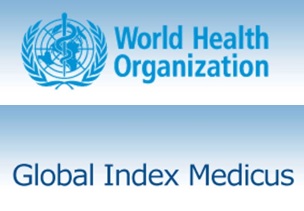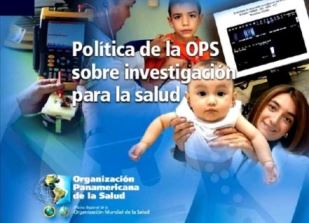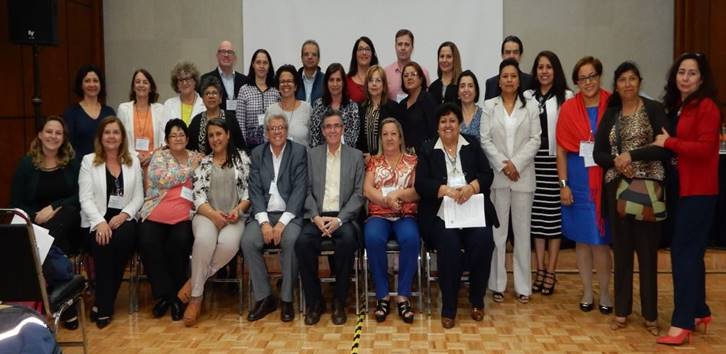On November 24-25, 2016, in Geneva, in the global meeting of WHO Regional Office Libraries, including PAHO/WHO, BIREME established a new phase of collaboration focused on the Global Index Medicus (GIM): the leadership of the project to strengthen GIM and renew its website, promoting dissemination of scientific and technical output from the low- and mid-income countries. The global actions with WHO will be focused in 2017.
WHO supports BIREME’s leadership in the Global Index Medicus




